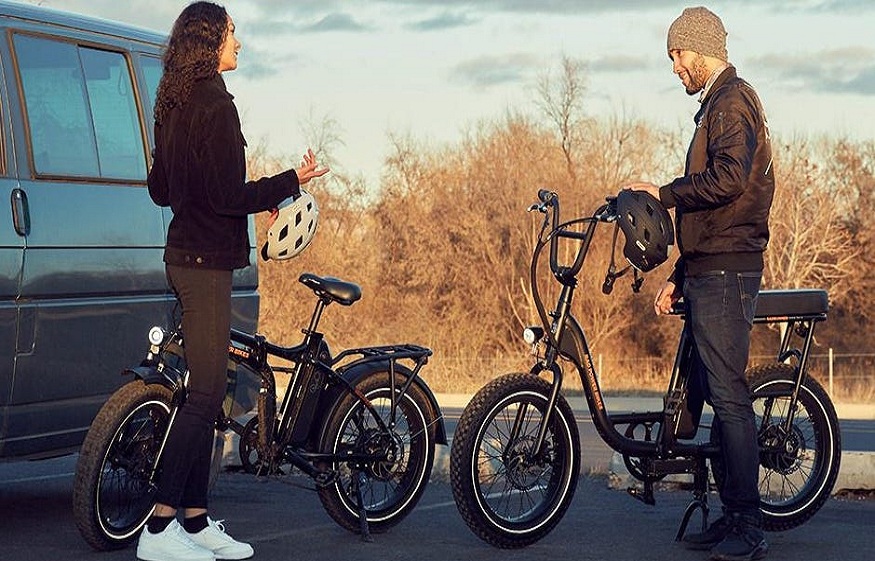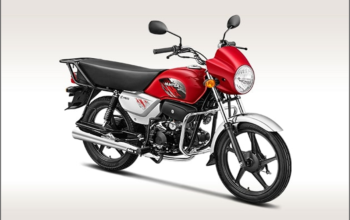An electrically assisted bicycle (VAE) – or “electric bicycle” – remains a bicycle: you have to pedal to benefit from the assistance of the motor, powered by the battery. The assistance cuts out when pedaling stops, as well as at 25 km/h. But the possibilities are much greater than those of a conventional bicycle.
The journeys are less strenuous, and it is possible to arrive at work without breaking a sweat. The coasts are crossed without effort, the wind is no longer a problem.
In sporting practice (mountain biking as well as road cycling), the climbs are easily overcome: it is ideal for cycling enthusiasts who have aged or who suffer from joint problems, but who want to continue following the youngest during the exits.
Finally, and this is not the least of its qualities, the electric bike is ideal for resuming or continuing physical activity when you have a health problem. Whether you are diabetic, cardiac, suffering from cancer or a joint disease, the VAE allows a gentle practice on the cardiorespiratory and muscular levels, without joint constraints. When you know the therapeutic importance of the activity, it is a definite advantage.
An electric bike also attracts attention. The best way to avoid theft is to park it away from covetousness. If this is not possible and he has to stay outside, it is better to remove the battery: buying back a battery costs several hundred euros and dealers often ask for the original invoice, it is quite a deterrent for The thieves. A lock is obviously essential.
T he choice is much wider. There are good urban bikes, or all-road bikes suitable for the city as well as for hiking on a landscaped path. However, it is better not to be fussy about the quality of the finishes. These models typically use older assistive technology, called “all-or-nothing.” At the same load, it provides less autonomy, but it has its followers.
Between €1,400 and €3,000 Urban
bikes benefit from good equipment (disc brakes, motor in the crankset, sophisticated console, high-performance and controlled lighting on the handlebars, luggage rack, studied look, etc.). Manufacturers also offer high-performance electric mountain bikes (MTBs) from these prices.
Above €3,000
This is top of the range. “Speed-bikes” belong to this price category. Capable of traveling at 45 km/h, they are no longer bicycles in the sense of the regulations: helmet, registration and insurance are compulsory.
The purchase of an electric vehicle, whether it is a car, a scooter or an e-bike, is encouraged by financial aid. But since February 2018, the national subsidy for electric bikes, called “bonus”, has become almost impossible to obtain . It is granted only in addition to local aid, and only if the total of the two aids does not exceed €200. However, local aid is generally higher from the outset. The first thing to do is therefore to inquire with your city or other communities (community of agglomerations, regional council, etc.) to find out about the existing systems.
What about second-hand e-bikes?
If buying a second-hand electric bike may seem like a good idea as the prices in stores are high, it is better to be very careful. Main reason for this resistance: the state of the battery. If the electric bike has already been used a lot, the performance of the battery will necessarily be reduced. And the cost of a new battery is several hundred euros.
The different ranges of electric bikes
These devices are to be equipped according to the needs of the user: bags, water bottle, basket, child seat, etc. Bikes without a central bar are called “women’s” because they are easier to get on, but they are actually recommended, whether you are a man or a woman, if you stop often (especially in town, in the lights or for shopping), or if you are carrying a child in the back.


